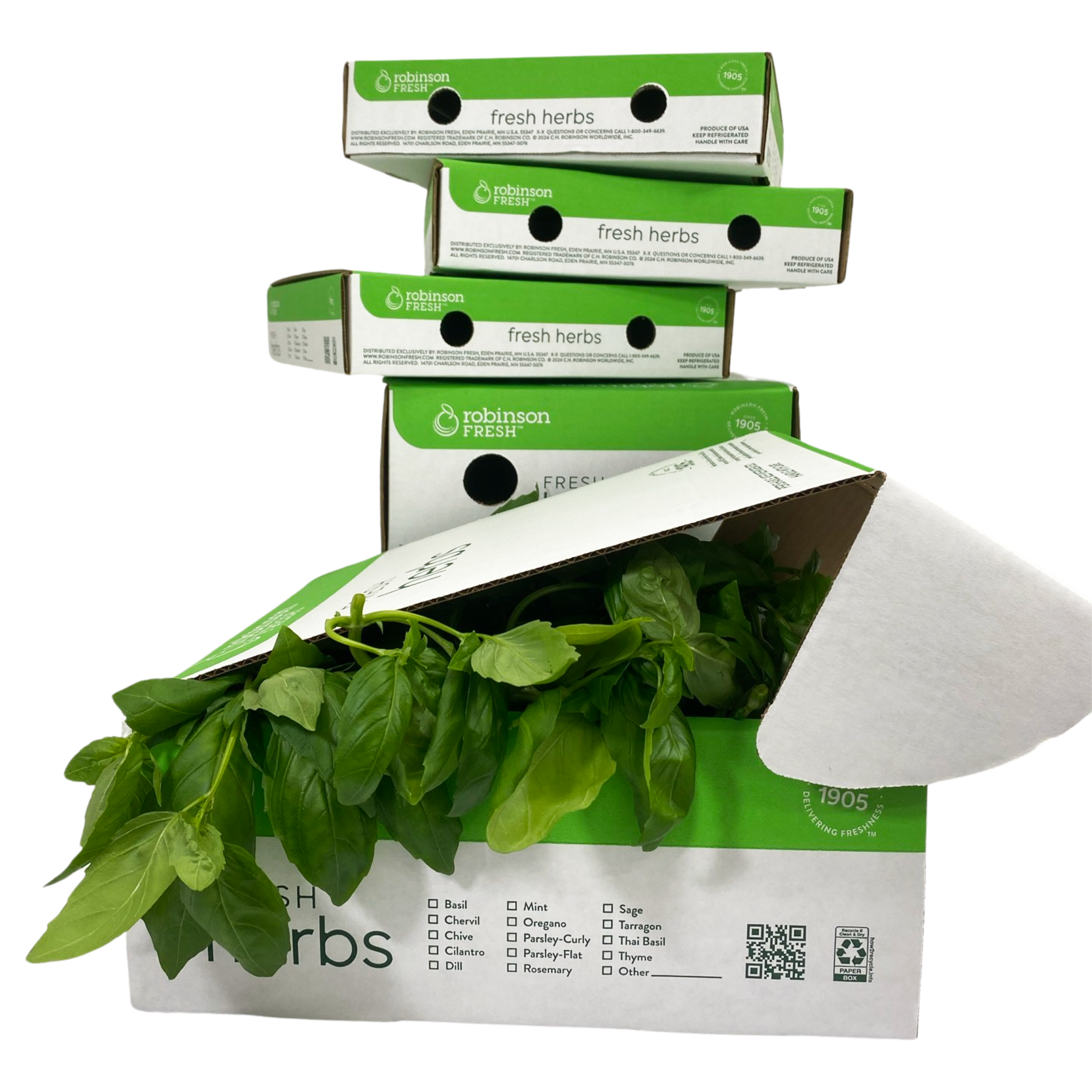Empowering Businesses with Hydroponic Technology and Offtake Partnerships
Local and sustainable are the new watchwords in produce markets. Hydroponic technology enables business owners to meet this demand. It offers a secure way to build a sustainable business.
Hydroponic farms can scale production quickly to meet market needs. This technology fits perfectly with modern consumption trends, appealing to consumers who value freshness and minimal environmental impact.
The Value of Offtake Agreements
Offtake agreements provide a stable financial foundation for hydroponic farms. They lock in sales and revenue ahead of production. This security is vital in the volatile agricultural market.
These agreements minimize risks such as price fluctuations and unsold produce. They ensure that farmers can focus on growing high-quality greens without worrying about market demand. Offtake partners benefit from reliable access to quality produce.
Hydroponic Technology and Local Greens Production
Hydroponic farms grow plants in a nutrient-rich water solution without soil. This method is efficient and space-saving. It's ideal for urban areas where space is at a premium.
The technology supports controlled-environment agriculture (CEA), allowing for precise water, nutrients, and light management. The result is higher yields of premium greens year-round, tailored to local tastes and needs.
Financial Benefits of Hydroponic Farming
Hydroponic farming is often more profitable than traditional farming. It uses resources more efficiently, leading to lower ongoing costs. For instance, water usage can be reduced by up to 90% compared to soil-based farming.
The control over production variables means hydroponic farms can produce consistently high-quality greens. This consistency fetches higher prices in markets, especially those labeled as sustainably grown. Financial predictability and higher returns make hydroponic farming attractive to business owners.
Marketing Strategies for Selling to Restaurants and Retailers
Navigating the competitive food market requires effective marketing strategies. This is especially so for hydroponic farms targeting local restaurants and retailers. These businesses prize high-quality ingredients that are sourced sustainably. They want produce that will align perfectly with hydroponically grown produce.
Strategies for Hydroponic Farm Owners
Building direct partnerships with local eateries and food stores is crucial. These alliances ensure a steady demand for hydroponic produce and foster a reliable supply chain. Engaging in live demonstrations and offering samples can showcase the quality and freshness of the greens. Target farmers' markets and food industry events. These events can persuade more businesses to commit to purchases.
Participating in local food events allows hydroponic farmers to interact with potential buyers. Offering taste tests and detailed explanations of the growing process can also help. This direct engagement helps in building trust. It can also highlight the superior quality of the hydroponic produce, which can be pivotal in securing contracts.
Importance of Quality and Reliability
Hydroponic systems' consistency in quality and supply is a major selling point. Restaurants and retailers heavily depend on reliable produce sources. They need predictability to plan their menus and manage inventory effectively. Hydroponic farming can deliver fresh greens year-round, regardless of seasonal changes, making it an ideal source for these businesses.
Many food businesses cannot afford inconsistencies in their offerings. Controlled environments on hydroponic farms ensure that produce meets high-quality standards. This reliability can make hydroponic farms preferred suppliers.
Appeal of Locally Grown Produce
There's a significant consumer shift towards locally sourced food. It stems from an interest in sustainability and reducing environmental impact. Hydroponic farms, often located near urban centers, are well-placed to capitalize on this trend. Marketing greens as locally grown can help meet this consumer demand. It also fosters a sense of community and supports local economies.
Promoting the local origin of hydroponic greens enhances their appeal. Consumers increasingly purchase goods based on their environmental footprint. It also allows restaurants and retailers to advertise a farm-to-table concept, significantly boosting their sales and customer satisfaction.
Challenges and Solutions in Hydroponic Farming
Starting a hydroponic farm involves significant initial investments, particularly in technology and infrastructure. However, partnering with established companies like Eden Green can provide substantial advantages.
Partnering with hydroponic growers gives you access to cutting-edge technology. This advanced technology reduces the need for large initial investments. Eden Green’s proven systems streamline the process, enhancing efficiency from the outset. You pick your produce and choose your label. Then, we harvest daily, process, and pack your goods. It's a simple way to provide your customers with the freshest, healthy foods.
Strategic Integration
Becoming an off-take partner with Eden Green means more than just financial transactions; it’s about integrating into a network that promotes sustainable and efficient farming practices. Thanks to consistent year-round harvests, this partnership enables businesses to adapt to market needs quickly and operate with resilience.
Grocers and retailers can benefit from Eden Green's reliable supply of high-quality produce, helping them meet consumer demand for fresh, locally grown foods.
The Advantages of Strategic Partnerships in Hydroponic Farming
Food service business owners can gain a competitive edge by partnering with Eden Green. They'll get access to fresh foods created by top-tier technology. They'll also have a more sustainable business designed to improve the environment and minimize impacts.
This strategic partnership approach is designed to help businesses overcome challenges. We can help ensure they have the fresh foods needed to succeed all year round. Contact our team to learn more about an off-take partnership with Eden Green Technology.








Fund hydroponic vertical farms through government grants, small business loans, and private investments. Explore key strategies for sustainable growth.